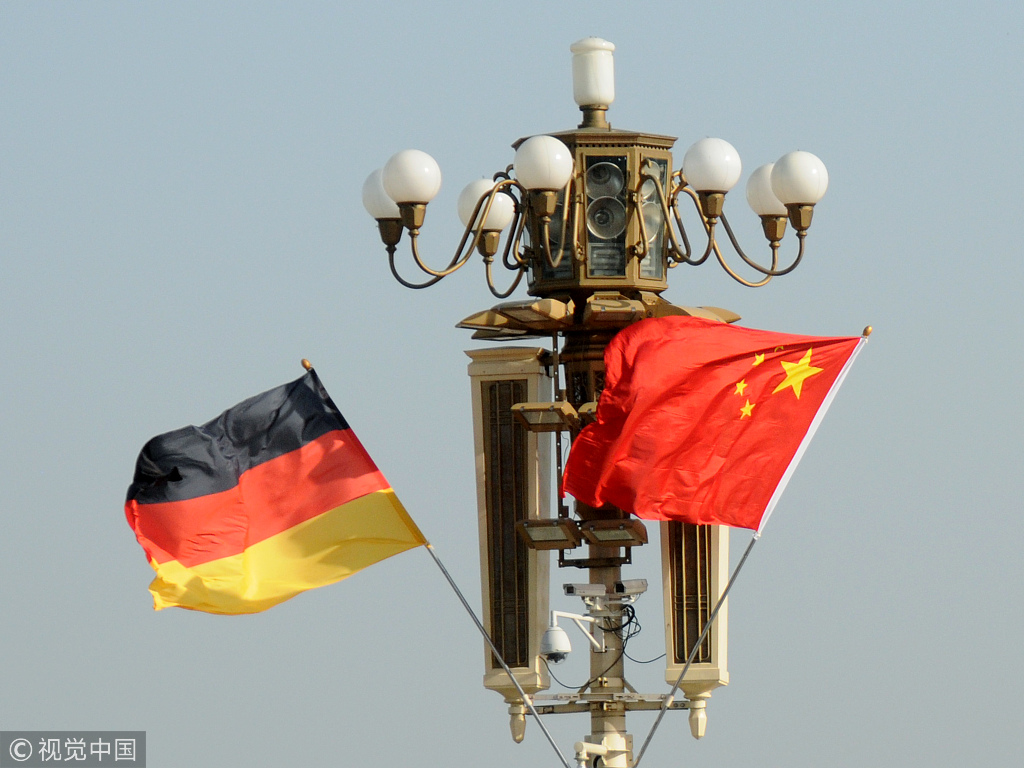Free trade gets vote of confidence: China Daily editorial
chinadaily.com.cn | Updated: 2019-09-08 21:39

While very few, if any, governments are indifferent to the current political and economic uncertainties, the inconvenient truth is that the most advanced and most vibrant economies have been hit the hardest by unilateralism and protectionism.
Should the world's major economies succumb to such disruptive, regressive tendencies, the world could be staring at the disintegration of the global economic and trade regime.
German Chancellor Angela Merkel, who just concluded her 12th visit to China, said a resounding "no" to those tendencies, sending a clear and loud message of unswerving commitment to multilateralism and free trade.
As the world's second- and fourth-largest economies, China and Germany have every reason to work together and fight the countercurrents. The assurance Chinese and German leaders just exchanged in Beijing about deepening cooperation is exactly how economies should respond to the uncertainties.
As President Xi Jinping told Merkel, no country is immune to trade hostilities, and the two countries need each other more than ever. With the United States threatening to impose more tariffs on Chinese goods, and noises about "decoupling" the Chinese and US economies rising in Washington, Beijing has no choice but to look for alternatives. Of course, Beijing is making all-out efforts — from proactive financial and monetary to job retention policies — to mitigate the negative effects of the US-instigated trade war.
Germany, too, has seen its economy losing steam — the country's economy contracted 0.1 percent in the second quarter, according to the German central bank.
And in the US, more and more economists are calling the White House's bluff of making "unprecedented" gains from the trade war by warning of an incoming recession. Given Washington's beggar-thy-neighbor policy, Beijing and Berlin have reached a consensus that enhancing cooperation is the only cure for the global economy afflicted by the virus of unilateralism.
Yet challenges lie ahead. Beijing wants Berlin to treat Chinese companies and investors more fairly, saying its increasingly strict investment scrutiny has kept Chinese investors at bay. In the first half of this year, Chinese investments in Germany reportedly dropped about 90 percent. And Germany is obsessed with intellectual property rights protection being inadequate in China.
If Beijing's promises of greater openness and better IPR protection and Berlin's about fair treatment of Chinese companies and facilitation of negotiations on the China-European Union bilateral investment treaty are fulfilled, not only the two economies, but the global economy as well would get a much needed shot in the arm.
























